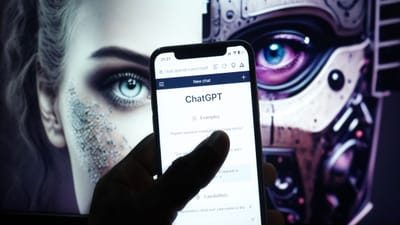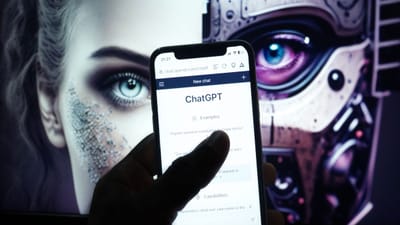
OpenAI CEO Sam Altman Dismisses Claims About ChatGPT’s Water and Energy Use
OpenAI chief executive Sam Altman responded to criticism of artificial‑intelligence energy and water consumption, labeling recent claims as unfounded. He said reports that a single ChatGPT query consumes 17 gallons of water or 1.5 iPhone‑battery charges are “totally fake” and “unfair.” While acknowledging that data‑center cooling once relied on evaporative methods, Altman emphasized the broader need for clean power, noting that the industry should shift quickly toward nuclear, wind, and solar sources. He also highlighted the lack of legal disclosure requirements and the difficulty of measuring AI’s environmental footprint.










